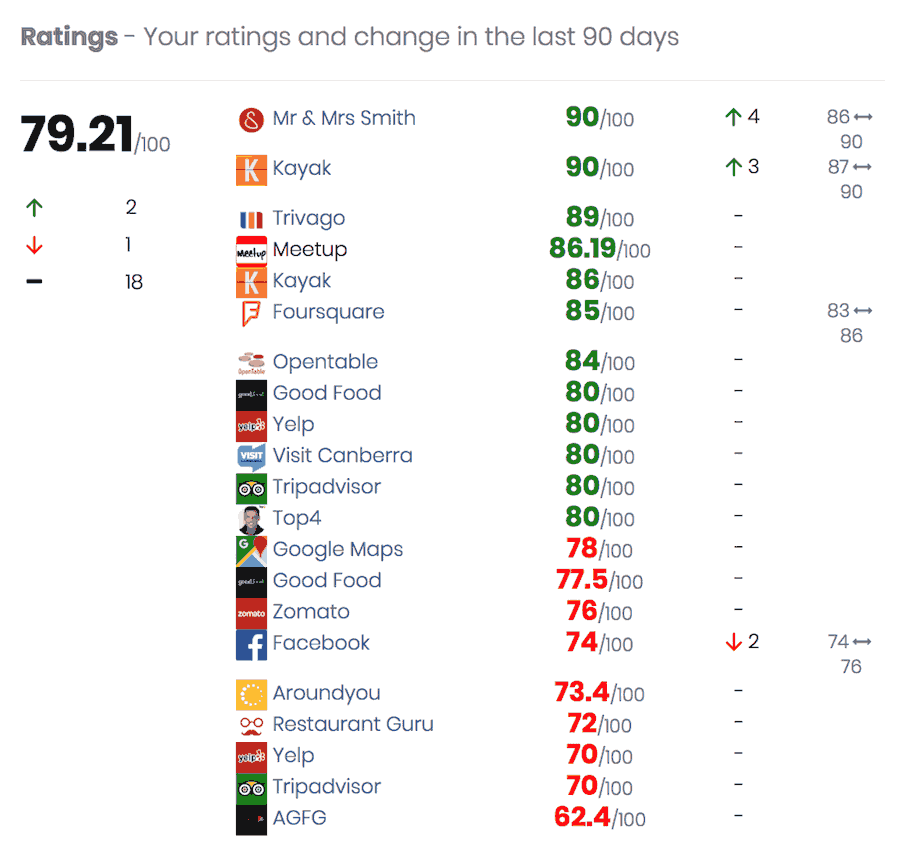Why reputation management is important for online business
Why reputation management is important for online business
Blog Article
Why reputation management is important for online business
Reputation management is particularly critical for businesses for several reasons, each contributing to the overall health and success of the organization. Here are key points highlighting its importance:
Customer Trust and Loyalty:
Trust is a cornerstone of customer relationships. A strong reputation fosters trust, leading to customer loyalty and repeat business. Customers are more likely to choose and remain loyal to businesses they trust.
Revenue and Sales Growth:
Positive reviews and a good reputation attract more customers, driving sales and revenue growth. Consumers often research online before making purchasing decisions, and a good reputation can significantly influence their choice.
Competitive Advantage:
In a competitive market, a positive reputation sets a business apart from its competitors. It becomes a unique selling proposition (USP) that can attract customers and partners.
Brand Image and Value:
A strong, positive reputation enhances the brand image, making it more appealing to customers and stakeholders. It adds value to the brand, which can lead to higher pricing power and customer preference.
Crisis Mitigation:
Effective reputation management helps businesses quickly address and recover from crises. Proactive handling of negative incidents minimizes damage and helps restore trust faster.
Employee Attraction and Retention:
Companies with good reputations attract get more info top talent and retain employees more effectively. Employees prefer to work for respected and trusted organizations, which enhances overall workforce quality and morale.
Investor Confidence:
A positive reputation boosts investor confidence. Investors are more likely to support businesses they perceive as stable, trustworthy, and well-managed, leading to better access to capital and funding.
Partnerships and Collaborations:
Businesses with strong reputations find it easier to form strategic partnerships and collaborations. Other organizations prefer to associate with reputable companies to enhance their own credibility.
Regulatory and Legal Standing:
A good reputation often correlates with adherence to ethical practices and regulatory compliance. This can reduce legal issues and ensure smoother interactions with regulatory bodies.
Market Expansion:
Reputation can facilitate market expansion. Entering new markets is easier for businesses that are already known and respected, as they face fewer barriers and skepticism from new customers.
Customer Acquisition Costs:
Businesses with strong reputations often have lower customer acquisition costs. Positive word-of-mouth and organic referrals reduce the need for extensive marketing spend.
Sustainable Growth:
Long-term sustainability is closely tied to reputation. A business that consistently manages its reputation well is more likely to achieve sustainable growth and long-term success.
In essence, reputation management is a strategic imperative for businesses, directly influencing their ability to attract customers, talent, partners, and investors, while also ensuring resilience in the face of challenges.
